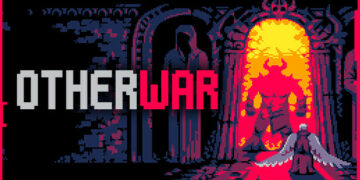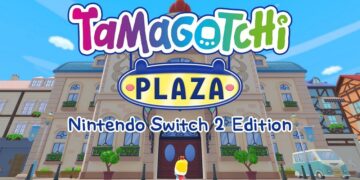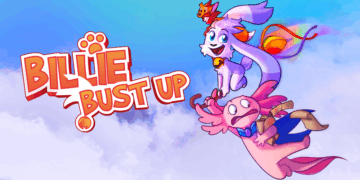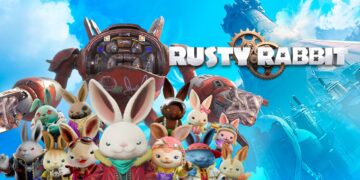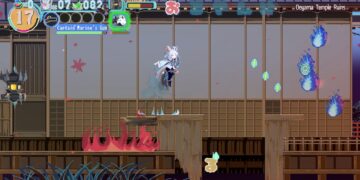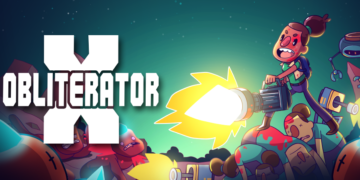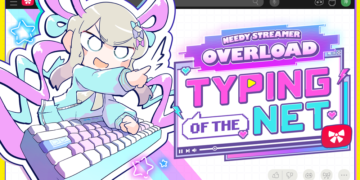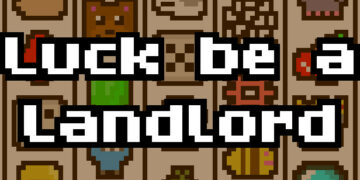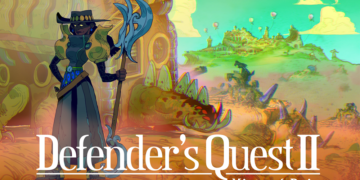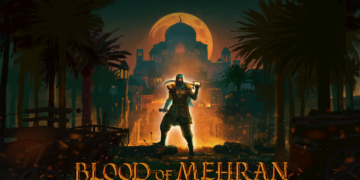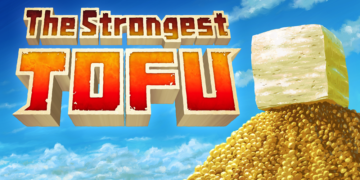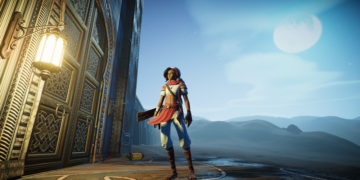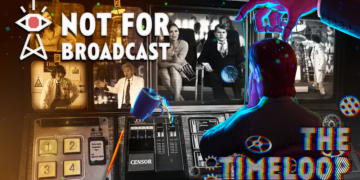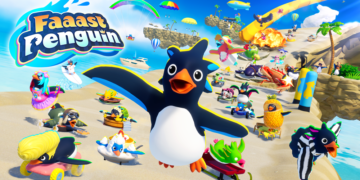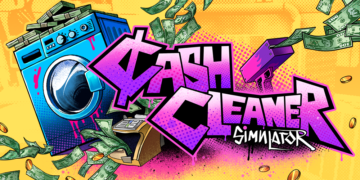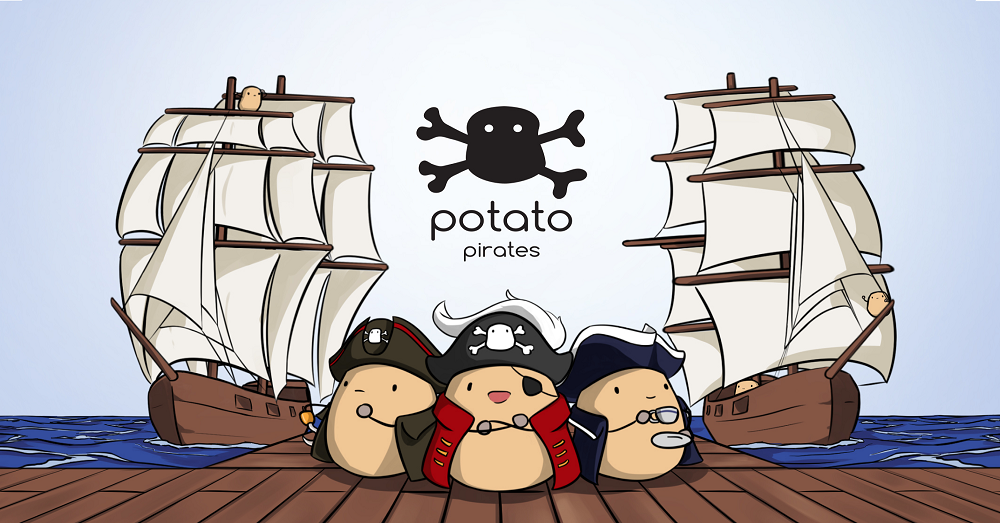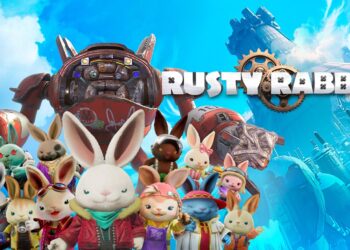Today we had a chat with Codomo, who also happen to be the makers of Potato Pirates.
How did Codomo come about?
Codomo is a learning experience design agency that designs transformative experiences and products that catalyze 21st-Century learning.
Codomo was founded by 5 pioneer graduates from Singapore University of Technology and Design (SUTD), which has been established in collaboration with Massachusetts Institute of Technology (MIT) – one of the world leaders in design innovation. Aditya Batura (Chief Executive Officer), Seah Tat Leong (Chief Technology Officer), Fendy Lieanata (Chief Operating Officer), Lim Jia Xuan (Chief Design Officer) and Toh Yong Cheng (Co-founder & Consultant).
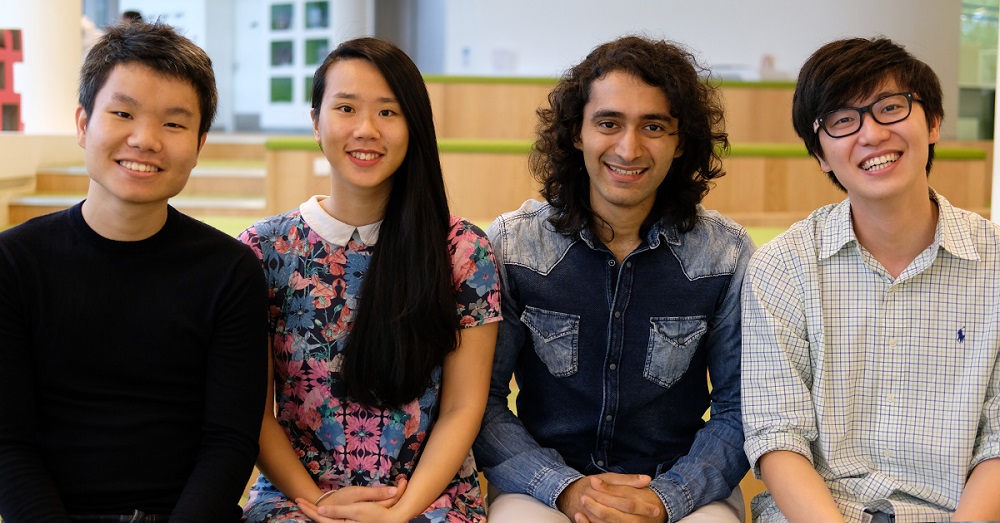
Having gone through the Singapore education system, which places so much emphasis on textbook knowledge and solving problems that have already been solved; we want to prepare kids for life, not for standardised tests. The next generation of children needs to equip themselves with 21st century skills to tackle problems that are more pressing in the world we live in today. It takes more than just a great academic qualification to solve the problems we face today and more importantly, the problems that arise in the future.
Education for most people becomes a bad memory, something that you never wish to revisit. We’re trying to be the change we want to see the change in the world. Instead of just complaining about it, we’re trying to lead the change.
We started out working with government bodies and educational institutes to build their capabilities in 21st century skills; which include computer programming, robotics, 3D printing, laser cutting technology and design thinking. We call this unique blend of computational thinking and design thinking, Design Innovation. We bring learners through the 3S journey of superpowers, skill sets and solutions. We empower them to discover their superpowers or aptitudes, develop a unique skill set around those superpowers and convert them into functional, tangible and impactful solutions. Codomo’s learning experience design comes full circle with an inclusion of thinking, feeling and doing.
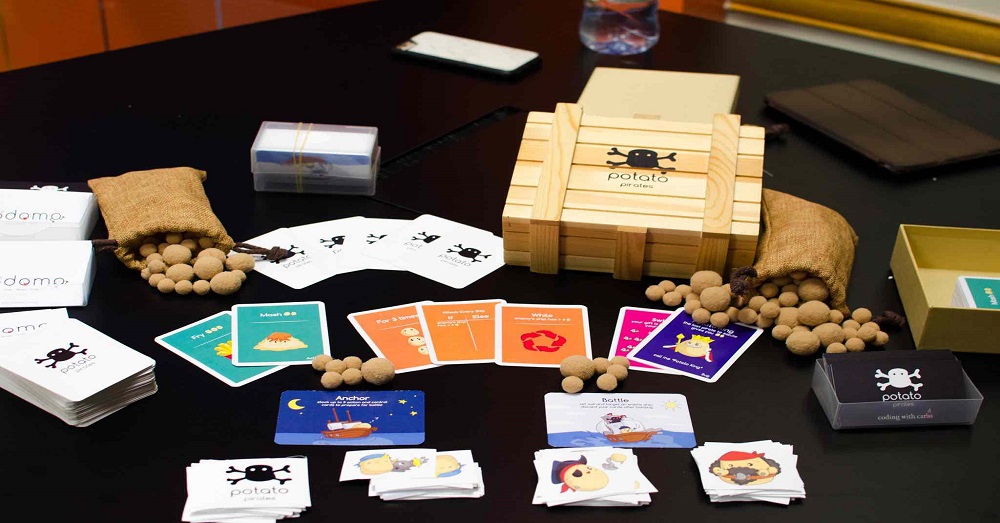
Tell us more about Potato Pirates.
Potato Pirates is a card game that teaches 10 hours of programming concepts in just 30 minutes without any computers. Since the launch of Potato Pirates last September, it’s been selling like hotcakes. So far, people love it. It’s gone on to be the most backed and funded game project on Kickstarter from Singapore, raising over a quarter million dollars. We’ve shipped Potato Pirates to over 6,000 backers from over 100 countries. The game has already been translated into 27 different languages and the list is still growing.
With Potato Pirates, we’re creating the universal first step into the world of computer programming for anyone, regardless of age. We’re now focusing on building our own suite of products, with Potato Pirates being the first. We’re committed to building a suite of hybrid online and offline products, which augment the learning of future, savvy skills by promoting social interaction, learning from peers and life-long learning.
How did you get the idea for the game?
Computer programming is becoming an essential 21st century skill and we wanted as many people to learn this valuable skill. However, learning how to program is usually a demoralising experience due to the steep learning curve. An activity that is usually done individually with no real end goal or satisfaction. Hence, we decided to design Potato Pirates to be a group-based game that appeals to all ages. Children can play with their siblings, friends, teachers, parents, and even grandparents. Players bond and derive enjoyment through interaction with their loved ones. This forms a social learning support network that spreads joy of learning programming. The idea was also inspired by two trends we observed: the resurgence of tabletop games and the growing popularity of using unplugged methods to teach coding. We combined these two observations and developed a gamified yet offline method that teaches coding.
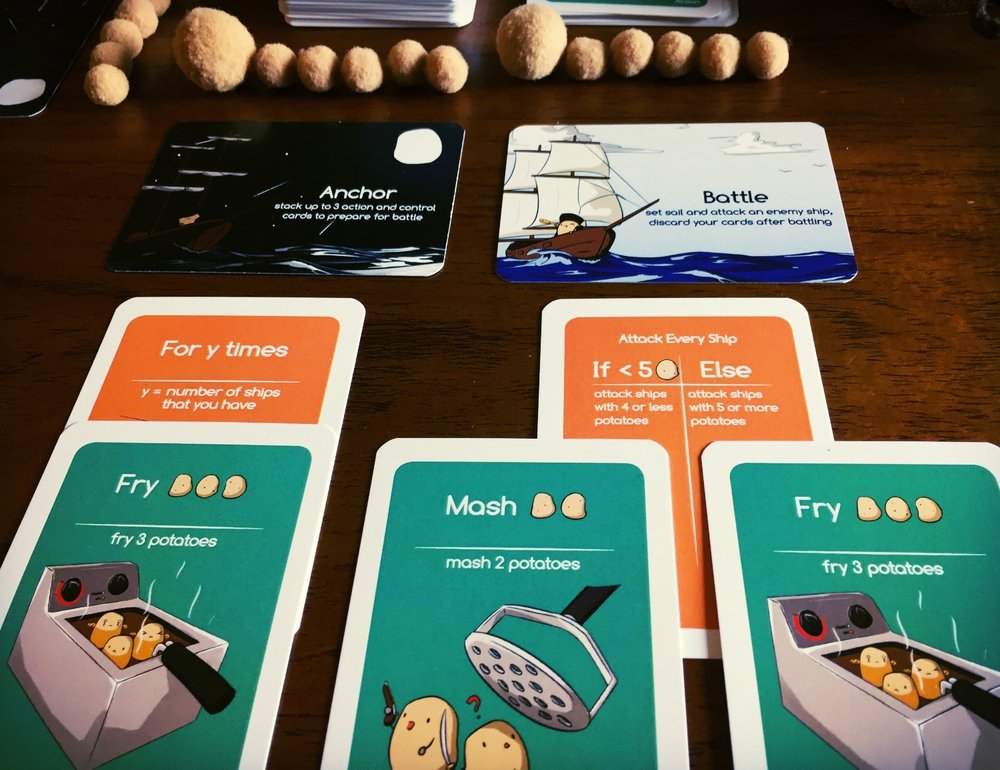
What’s a good age for Potato Pirates? From how old can a kid understand Potato Pirates?
Anyone with basic mathematics and comprehension skills can learn and have fun with the game and this typically means that children as young as 6 years old can easily learn to play the game.
How was the response and was there any feedback?
Leading up to our launch, we conducted countless free family workshops and gathered feedback from a multitude of different audiences. Parents and educators loved the concept and found it interesting and encouraging that they could get children or students to learn basic programming concepts through a card game without using any digital devices. It reminded them of their childhood as they used to play all sorts of board games and traditional games.
At the same time, being embedded in the SUTD ecosystem, we got to conduct user testing with faculty, researchers and university students, giving us a myriad of perspectives. We are still conducting regular workshops for Potato Pirates which allows us gauge its effectiveness in teaching Computer Science concepts and well as its get players hooked to the game.
Where can one purchase Potato Pirates?
You can purchase the game from our website and certain retail shops such as Millenia Walk – We The People, Toy Station (Serene Centre), Team Board game and Toytag.
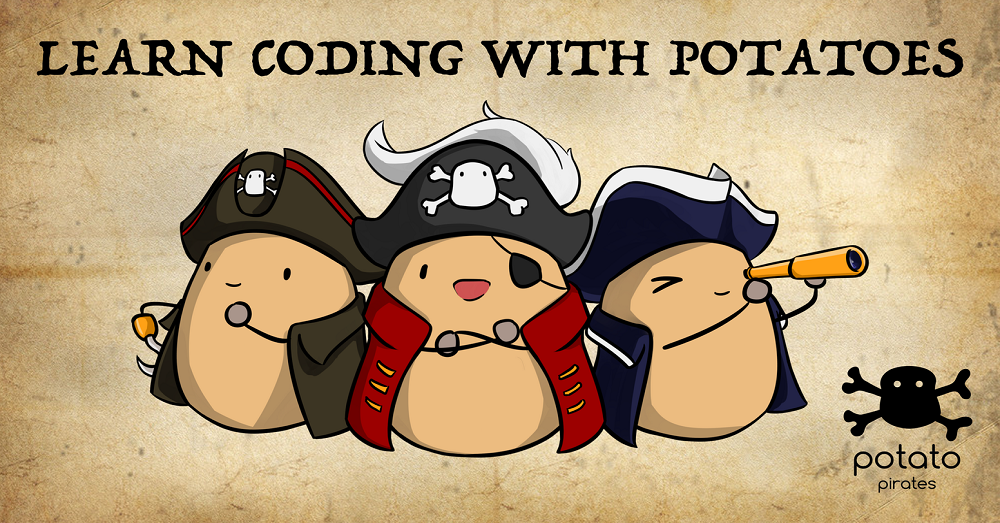
What’s next for Codomo?
Ultimately, we want to be able to empower anyone to be able to learn anything, anytime regardless of age. Not just that, we want to inculcate a culture and love of life-long learning where they take charge of what they wish to learn and when they wish to. Basically have tailored content introduced to them on their own time. All children are curious – no 6 year old can possibly sit still in class but a 16 year old struggles to stay awake, so something is clearly going wrong.
Of course its easier said than done. Right now, we’re focusing on tech literacy as that’s what we have domain expertise in and there’s going to be a huge need for more people to become tech-savvy in the next 10 years. We are developing online and offline components (games, products, platforms) that complete the entire ecosystem for learning and innovation. Online and offline learning should work synergistically to provide children with a comprehensive blended learning environment that raises their skills and competencies.
Lastly, any words of encouragement to those who wish to be game developers?
For game developers, be patient but also learn how you can work fast. We spent 18 months developing the card game only because we were spending a lot of time testing it with children, parents, and educators as they are the one who will ultimately buy the game. Get in touch with your users early, focus 50% of your effort on developing the product and the other 50% on reaching your audience. Co-create with them, get feedback from them and iterate fast.
As part of audience engagement, we also did a lot of inbound marketing for lead generation prior to our launch on Kickstarter; we focused on social media and affiliate marketing during and after the campaign. In our experience, earned media really works the best. Potato Pirates was written about in The Wall Street Journal, one of the biggest newspapers in the USA. Our sales skyrocketed overnight and we did not even know why!
Click here for more information about Codomo.



